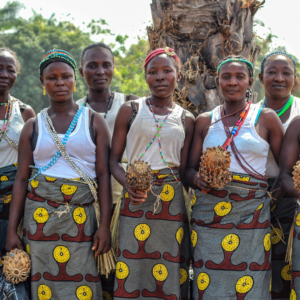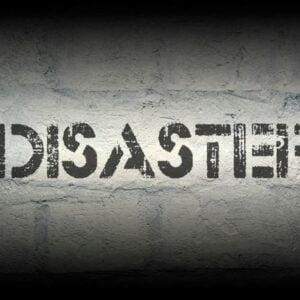Climate and environmental challenges are increasingly frequent and severe, reshaping lives worldwide. While disasters affect everyone, their impact is disproportionately felt by marginalized groups, particularly women and girls, who are often the first to suffer and the last to recover. Social roles, discrimination, and economic inequalities amplify the risks women face in crises, reducing communities’ capacity to rebuild. Prioritizing gender equality in disaster risk reduction (DRR) is therefore not only a matter of fairness but a key strategy for creating resilient communities.
UNDP is partnering with governments and organizations to integrate equality and inclusion at all stages of DRR, from preparedness to response and recovery. Evidence shows that women’s leadership and participation strengthen community resilience. By involving women in decision-making and policy formation, UNDP harnesses their expertise and innovation to drive solutions that improve food security, sustain livelihoods, and enhance overall recovery. Initiatives in Bosnia and Herzegovina and Chad demonstrate how women-led projects—ranging from climate-smart agriculture to energy management—can reduce disaster risks and promote peacebuilding even in fragile contexts.
Resilience also depends on care, which women disproportionately provide through unpaid labor supporting children, older adults, people with disabilities, and entire communities. During crises, these responsibilities increase as disasters disrupt essential services. Recognizing and integrating care into disaster management—through early warning systems, safe spaces, and service continuity—protects lives and accelerates recovery. UNDP-supported initiatives in Central America and Ukraine illustrate how mapping care needs and creating child-friendly refuges strengthen communities’ ability to cope with disasters.
High-quality gender-disaggregated data further improves disaster planning and response. Data broken down by sex, age, and disability ensures policies address the specific needs and capacities of all community members. UNDP’s work in 20 crisis-affected countries has enhanced early warning systems and recovery measures that engage and empower women, from Ethiopia’s support for women-headed households to Armenia’s inclusive risk assessments that inform local development.
Resilient communities also require resilient institutions. Embedding gender considerations into policy, planning, and programming transforms good intentions into lasting impact. In Guatemala, the national disaster risk management authority received UNDP’s Gender Equality Seal for Public Institutions, reflecting the integration of gender mandates and participation, including Indigenous women, into risk management. Such institutions are better equipped to meet people’s needs and build sustainable resilience.
Despite progress, gender equality remains under-prioritized in disaster, climate, humanitarian, and development efforts. On this International Day for Disaster Risk Reduction, UNDP emphasizes the need to make women’s leadership, care, and inclusion central to all DRR strategies. Ensuring women lead decision-making, directing resources to women’s resilience, centering care in preparedness plans, and strengthening gender-sensitive institutions will equip communities to face hazards and recover with confidence.






